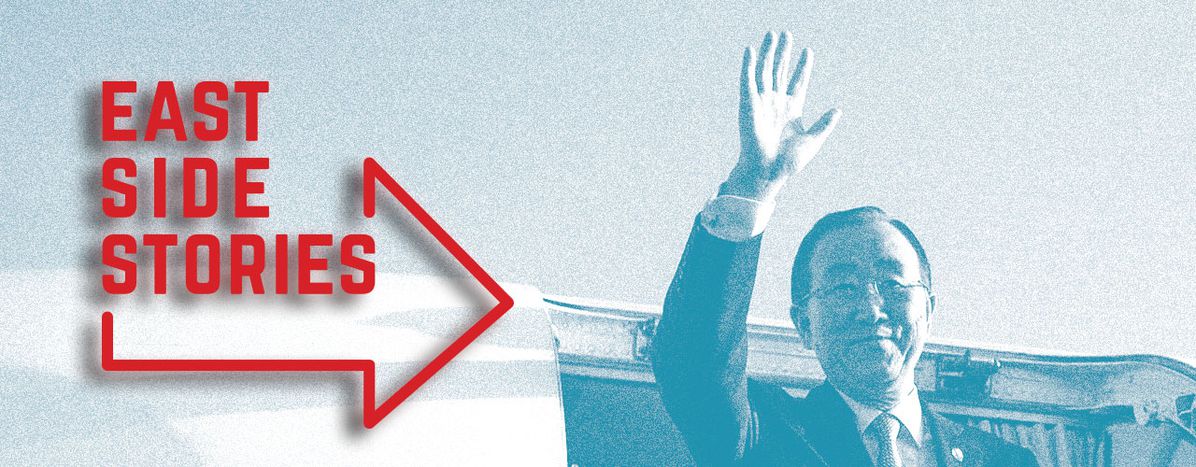
Ban-Ki-Moon's successor: A political compromise?
Published on
With Ban-Ki Moon's mandate as Secretary General of the UN ending in December 2016, it is time to choose the next Secretary General. In the last three months, six governments have officially nominated their candidates. Will the next appointment be the person who is most qualified? Or will we be looking at a political compromise?
According to the traditional rotation system, the next Secretary-General should come from Eastern Europe (the only UN group not to have already been awarded the role). There have been several indications that the next Secretary-General is going be a woman.
Moreover, this appointment is supposed to be one of the most transparent in history, with the new system being implemented by the UN, in which all candidates are publicly announced online and in which the General Assembly informally acquires more weight during the election process. The idea is to make sure that any interested Member state can contribute, giving them the opportunity to ask candidates questions about their position on UN priorities, such as the Sustainable Development Agenda, peace and security, and other issues.
These elections come in the wake of the refugee crisis, tightened relations between Russia and the West, and a climate of international terrorism. However, any institutional reforms (especially to the Security Council) still seem highly unlikely.
Since the joint letter of the 15th of December 2015 called for the presentation of candidates for the position of Secretary-General, six candidates have officially been endorsed by their respective Governments.
General Assembly Resolution No. 11677 from September 2015 established a few qualities the next Secretary General should possess. These are not solely concerned with the candidate’s personal achievements, but also the overall significance of their appointment for the UN system.
Besides relevant UN and diplomatic experience, candidates perceived acceptableness within the UN system as well as to the global public have been underlined as the most important criteria.
Article 97 of the UN charter establishes a twofold procedure for the appointment of the Secretary-General: a recommendation by the Security Council followed by a decision by the General Assembly. Although it is practice for the Security Council to recommend only one candidate, nothing in the Charter prevents it from suggesting more.
The voting is conducted in a private council meeting, either by ballot or by acclamation. A veto by the Big Five members (China, France, Russia, Britain and the United States), can block the adoption of a recommendation. The Security Council will start its selection process in July 2016.
One of the key terms of the upcoming election will be "gender parity". Besides the overall efforts of the UN system to close the gender gap, the UN has failed when it came to appointing women into leadership positions. Today, three out of six candidates are women.
Besides the gender issue, how acceptable a candidate is within the UN system can also represent an obstacle for certain candidates. Although their professional profile may perfectly fit the position, the perceived acceptableness of candidates to the Big Five still remains the most important criteria.
Due to the crises in Syria and Ukraine, the UN is in need of an Eastern European Secretary General who can balance the interest of the international community, while still appeasing both Russia and the West.
However, since Eastern Europe is still a highly politicised area and subject to the political tug of war, it is uncertain whether the most qualified candidate will be appointed, or if the next Secretary-General will be the result of a political compromise.
---
This article is part of our East Side Stories project. Through fighting the most common clichés levelled at Southern and Eastern Europe, it aims to keep the European idea alive by raising awareness, creating dialogue, exchanging ideas and reporting beyond the mainstream media.




